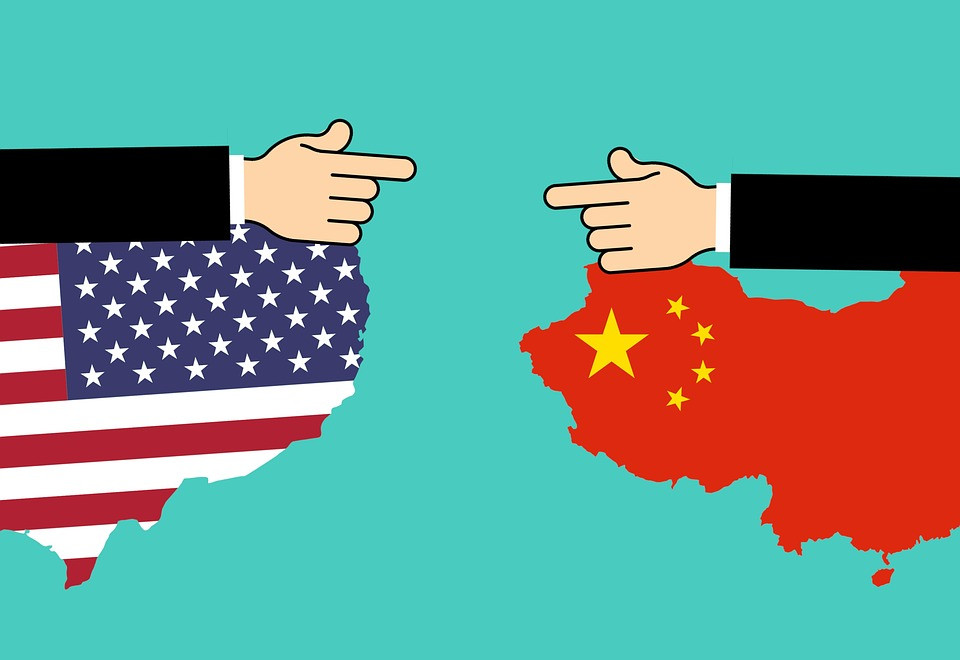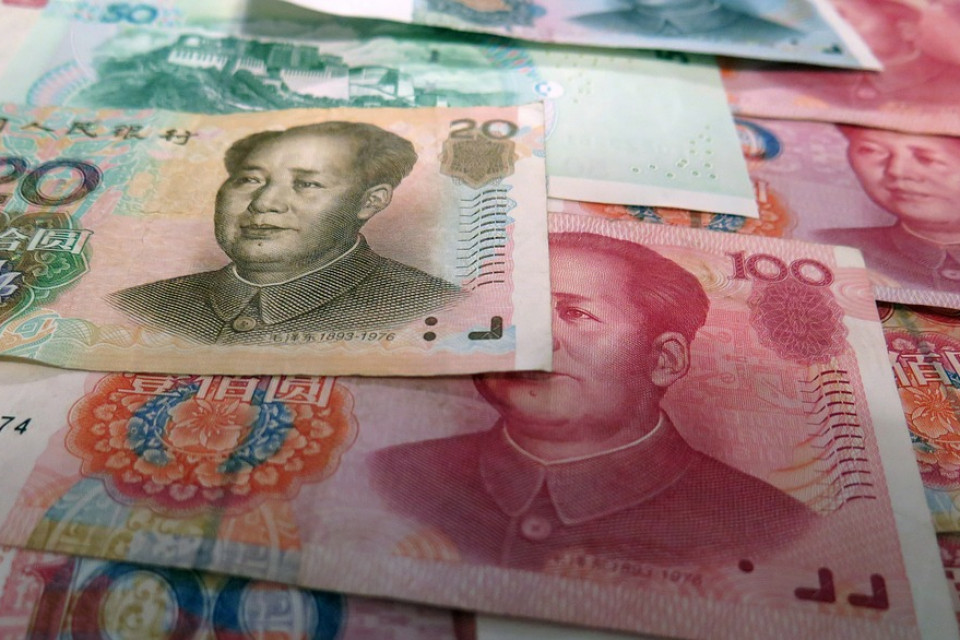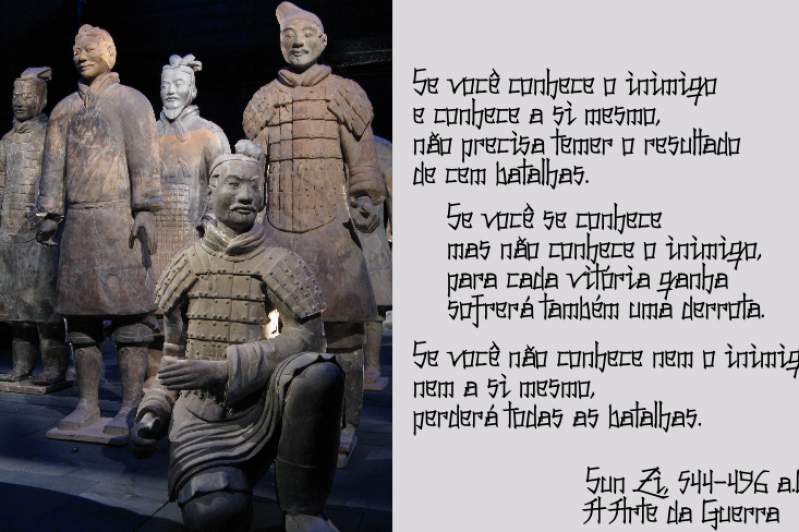The disagreements between the US and China go deeper than just the imposition of tariffs by President Trump on the country that economically could finally overshadow the American giant. Neither of the two world powers are willing to question their role as a reference for the economy... The Chinese leaders believe that the time has come to reign alone.
Experts predict that the conflict could have unpredictable consequences not only for the two countries themselves, but also that the international community economy would also be seriously compromised. We should not forget that this particular Asian country continues to be the main engine of world growth, according to the latest OECD report and according to the IMF, which affirms that although the US it is still the richest country in absolute terms, China has been the leader since 2016 as regards parity of power, the best criterion to compare national economies.
What could the consequences of the commercial conflict be? Among others, the considerable global economic growth. The OECD indicates that world economic growth will be 3.2% this year, given that trade flows have almost halved. This growth rate is the lowest in the economy since 2016.
The trade war between Washington and Beijing is facilitating a quicker rapprochement between Russia and China, due to the two great powers' coincidence in their positions on many international problems and in their growth of trade, without forgetting that the two countries currently have a common geopolitical adversary: United States.
This worsening of the trade crisis between the US and China affects the field of technology and the large companies not only in both countries, but also in the rest world, and Europe in particular. One of the serious problems occurred when Trump included the Chinese technological giant Huawei on its blacklist, with the well-known consequences that several large companies reneged on their agreements, including Google.
There was an increase in anti-Chinese sentiment in the United States and a reciprocal anti-United States one in China, which makes it difficult for students to stay in both countries due to the restrictions imposed in this field.
The commercial confrontation between the US and China has had an impact on its interaction with other countries. This trade war may aggravate the situation in the Asia-Pacific region, where there are still many unresolved conflicts.
The United States is trying to get rid of its main geopolitical competitors in the Western Hemisphere, including Russia, China and the European Union.
Nor should we forget that China skilfully inserted itself into Africa, where its investments and control of trade were spectacular in recent years. The USA wants to expel China from there to increase its trade and investments in the area and thus weaken the influence of those in a region with many business opportunities.
Larry Summers, former president of Harvard, was critical of Trump's trade policy, calling this war "lacking well-defined objectives". Summers questions the president's belief that a tariff war is "easy to win".
Paul Krugman, winner of the Nobel Prize-winner in Economics 2008, affirms that President Trump "imposes tariffs, arguing that it is a matter of national security, in a context where such a thing does not make sense". The Nobel Laureate considers that there is not much political revenue in facing down Canada, China and Europe.
Noah Smith, a professor of finance at Stony Brook University, said that "our president's belligerence has not been accompanied by intelligence. Unfortunately, it is the American workers and consumers who will pay for it. "
For its part, the professor and economist Tyler Cowen of the George Mason University considers that the increasing interconnectivity between countries and people all over the world, helped by technological advance, generates bases for the deepening of the commercial relations; and that the establishment of those connections will outweigh any impacts from the tariff struggles.
Gary Cohn, former chief financial officer of Goldman Sach and a former White House economic advisor, left Trump's team in disagreement with the president's tariff policy.
Some specialists, particularly in the case of Tim Culpan, are beginning to consider the conflict as a technological Cold War that could split the world into two blocks. Nevertheless, China still does not have enough capacity to end being dependent on the United States.
However, others point out that the US - China trade war appears to be the beginning of a deep fissure in the global order. The two powers form two opposing economic and geopolitical coalitions, which may mean that the rest of the world will be forced to choose between one or the other. What role should the European Union play? Could it form a third non-aligned pole?
This multi-polar alignment formula would be a return to the past, to the world of two superpowers.
The tension due to the commercial conflict will continue, since Trump has announced that he will present himself again as a candidate for the elections to be held on December 3rd, 2020. The issue of confrontation with China and the "defence" of the United States will be keep well in mind in the electoral programme of the worst president the United States has ever had.











